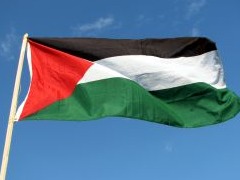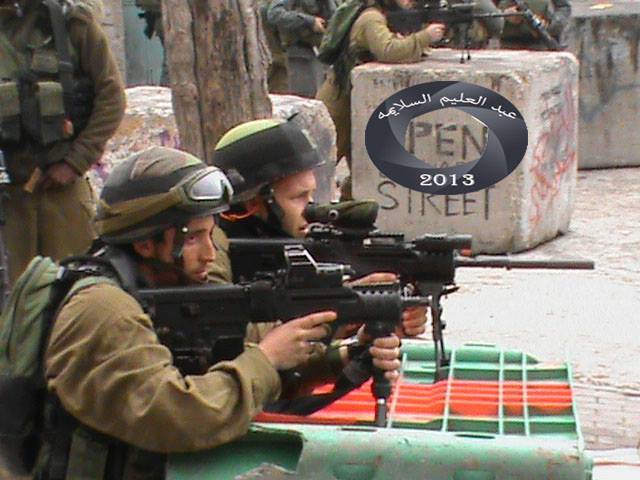Tag: Hebron
-
Two international activists to be deported after their arrest is declared illegal
09th January 2014 | International Solidarity Movement | Occupied Palestine Yesterday, Wednesday 8th January, at approximately 11am in Khalil (Hebron), Vincent Mainville and Fabio Theodule (Swiss and Italian citizens respectively), were arrested by Israeli border police officers. The two international activists were first detained while trying to stop Israeli forces firing live ammunition and tear gas…
-
Israeli forces arrest three youth in Hebron
06th January 2014 | International Solidarity Movement, Khalil Team | Hebron, Occupied Palestine This morning in Khalil (Hebon), a large group of Israeli border police and soldiers gathered outside checkpoint 29. Israeli forces fired several tear gas grenades towards a school, detained four Palestinian youth and arrested three of them, taking them to Kiryat Arba police…
-
Clashes for two days in the Palestinian city of Hebron
03rd January 2014 | International Solidarity Movement, Khalil Team | Hebron, Occupied Palestine At approximately 11.30am yesterday morning, Israeli forces detained a 13-year-old boy at Bab Al-Baladiyye in Khalil (Hebron). After a short period of time the young boy was released and a group of Israeli soldiers invaded the old city of Hebron, harassing residents and…



